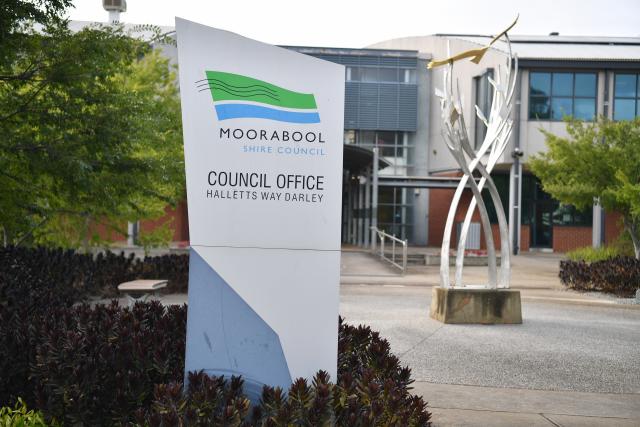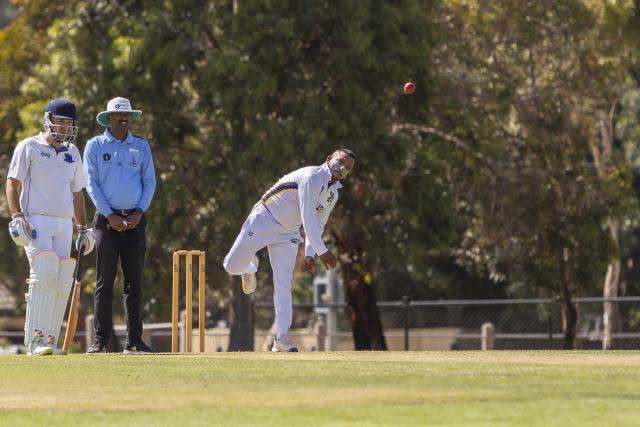Despite efforts to reduce the strain on domestic violence support services, Women’s Health West is taking increasing numbers of police referrals for victims needing help.
Victoria Police has been trialling a program called Enhancing Police Responses to Family Violence at Maribyrnong, Hobsons Bay, Wyndham, Brimbank and Melton. This streamlines the police referral process.
It was expected that referrals would drop by about 30 per cent after the pilot program was rolled out in July last year, thereby reducing the pressure on women’s support services.
But while this 30 per cent drop happened, overall, the number of domestic violence incidents continues to climb through the roof.
There were 4980 police referrals to Women’s Health West in the six months to December, 2015. The figure for the six months to December, 2016 (once the pilot program was introduced) was 4927.
WHW chief executive Robyn Gregory said police and domestic violence services had been “overwhelmed” by referral numbers that “just went up and up”.
“We had months where we were dealing with thousands of police referrals, and it was just overwhelming with a small number of staff,” Dr Gregory said. “Sometimes we had only two or three staff responding.
“The police, like us, were overwhelmed … so they made a decision in the face of not having additional resources themselves, to only fax police referrals to Women’s Health West where the incident was in the criminal category.”
Dr Gregory said in view of the resources available, this was the only viable option, but not being able to intervene early in non-criminal abuses draws a “double-edged sword”.
She said it was unfortunate some domestic violence victims weren’t able to be seen by health services because of the constraints of the system.
“In those areas coded non-criminal, there’s an opportunity to engage with the women … before they escalate into criminal abuse,” Dr Gregory said.
“[But] how do we ensure we keep women and children safe and hold perpetrators to account with the resources we have?”
She hopes the state government’s 10-year financial strategy for tackling domestic violence, to be released later this year, will be able to address critical resourcing issues.
There needs to be much greater investment in primary prevention, she said, based on long-term plans to tackle the scourge of domestic violence into the future.
















